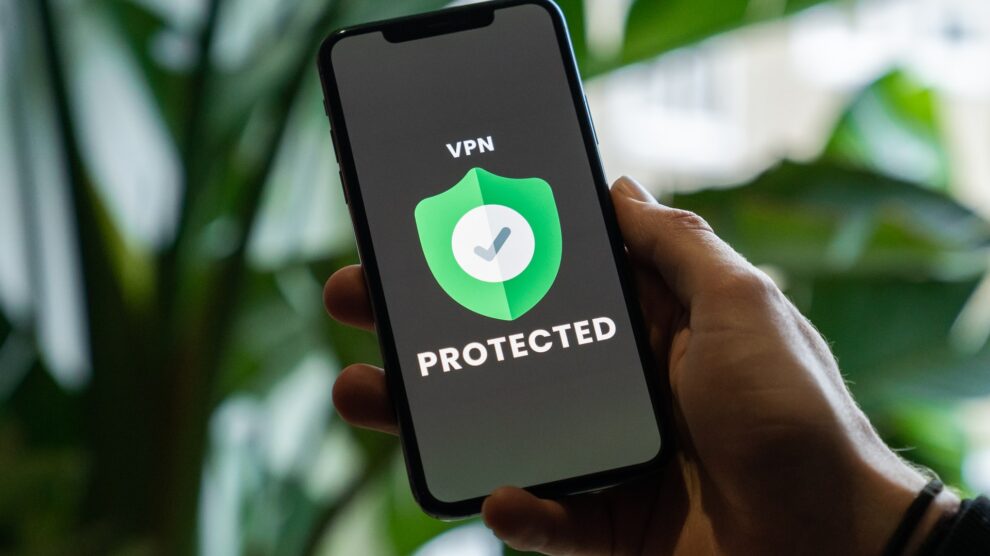Virtual Private Networks (VPNs) have proven to be very efficient in securing personal and business network activities. Despite the increasing rate of chaos on the internet being created by cyber thugs, internet users can still enjoy private and secure connections leveraging the VPN tunnel.
VPNs are grouped into different parts based on their setup, location, features, and protocols. VPNs are best selected based on your projected needs. However, here are the most popular VPN types to consider in 2022
1. Remote Access VPN
As a result of the high rate of remote work, Remote Access VPN has become highly popular. In fact, it is currently the most used VPN type in the world today, and it connects users via a remote server to a private network. It routes users’ data via a secure tunnel established between their devices and the private network.
This VPN type is easy to use and set up. They have useful features to bypass geo-blocked content and uncover restricted content. In addition, its encryption protocols deter a potential compromise from occurring as it regulates networks.
Business owners with remote workers scattered in diverse locations will find remote-access VPNs very useful. Employees from the station will utilize the VPN to access files and resources needed to do their jobs.
2. Client to Server VPN
A client to server VPN is mainly beneficial for secure access to insecure public WLANs while preventing monitoring services, data theft, and attacks. And since the connection is encrypted, it halts potential data compromise.
This VPN type is often built between a single user and a remote network using a Client-based VPN app. Users can connect their devices from anywhere to access private resources while managing the network remotely across the protected tunnel established between the headquarters firewall and the user’s device.
One of the leading upsides to using a client to server VPN is that remote employees can use company resources from any part of the globe as if they were physically at the company office.
3. Site-to-Site VPNs
A Site-to-Site VPN is used mostly in organizations with offices or branches across diverse locations. The VPN type helps workers access shared resources of the different branches.
Site-to-Site VPN can either be intranet-based or extranet-based. An intranet-based VPN connects separate Local Area Networks (LAN) to a single Wide Area Network (WAN) to link two or more offices of the same company. At the same time, the Extranet-based option helps organizations connect to different organizations. An example is a company looking to improve its trade and has to connect to its supplier network.
The major responsibility of the Site-to-Site VPN is to connect office networks located far apart in a secure way via the internet. Connection is made from router to router, with one router serving as a VPN server while the other as a client. Router communication only begins after both endpoints are authenticated.
4. Peer-to-Peer (P2P) VPN
A Peer-to-Peer VPN is often used to track file copies and connect with the file sources, whether part or whole of the requested file. It speeds up the process of file sharing since you will also be able to download it from multiple nodes containing different parts of the same data. When a user downloads the file, it is uploaded to more users requesting the related file.
Every P2P VPN user is a potential connection point enabling data transfer across networks without relying on a single node. P2P VPNs work like a standard VPN and builds a secure tunnel for moving data in a way that they can’t be intercepted by malicious actors lurking around the network.
With P2P VPNs, you can download huge files from multiple sources at a time. This helps for fast downloading files and torrents, unlike the static server experience. In addition, P2P VPNs do not restrain your bandwidth, aiding download speeds that can help to benefit from the numerous sources hosting the file being downloaded from the P2P network.
However, you might encounter malicious activities on peer-to-peer networks. And if you mistakenly download malware presenting as a normal file, a P2P VPN will not be able to secure your device. So people also utilize this VPN to access illegal content such as copyrighted music, software, or video content—a reason many countries have rolled out laws to combat P2P file sharing.
Why You Should Consider a VPN
Virtual Private Networks are crucial for the security of your online activities today. With the shocking rate of attacks on the internet, it is very risky for a business owner to start a business without plans to secure their database and online activities.
Choosing the right VPN service will help secure businesses from attacks and offer benefits such as bandwidth, speed, cost-effectiveness, and protocols for VPNs. And even when your understanding of VPN features is detailed, it may still appear difficult to choose the best performing service from the sea of VPNs.
VPN users also enjoy browsing the internet without being identifiable and can view content that has been restricted in certain locations. A P2P VPN should be best considered for users who engage in file-sharing and torrenting large files without fear of being restricted. However, businesses that want to secure communications between offices located far from each other should go for site-to-site VPNs.





